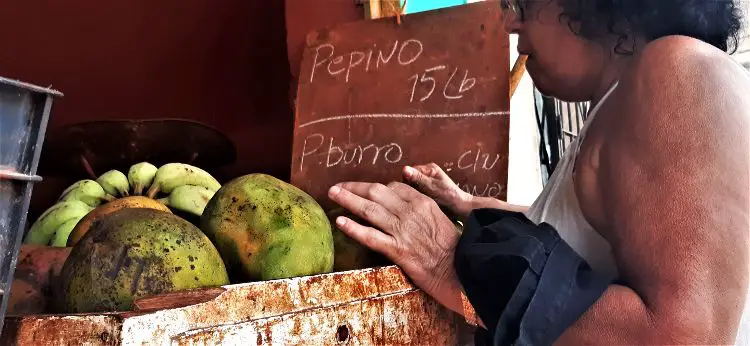MIAMI, United States. – The World Food Program (WFP) assured in its report on Cuba corresponding to the year 2022 that the monetary reform known as the Ordering Task had not achieved the desired results and, instead, had affected the food security of Cuban households.
“This reform, called Tarea Ordenamiento, has not yet achieved the desired results. Therefore, the shortage of basic products and the increase in world food prices contributed to national inflation, ”said the United Nations program in your report.
The WFP also assured that it “will continue to monitor the effects of the reform, especially on the food security of low-income households.”
In June 2021, five months after the Ordinance Task was implemented, the Cuban economist Elías Amor recognized in an article that “perhaps one of the most negative effects” of that economic reform had been “the impact on the value of the Cuban peso”, which did not justify its implementation.
“Precisely, the main objective of the ‘regulation’ ―to achieve a single currency that would eliminate the painful circulation of the CUC with the distortions generated by said processes― has been a resounding and utter failure, no matter how hard the authorities try to hide it. A failure that is the responsibility of an inadequate economic policy for the current circumstances of the Cuban economy,” said the economist.
In addition, at that time Amor stressed that the Tera Ordering It had generated “an increase in prices and tariffs, accompanied by a resurgence of inflation unknown to many Cubans due to its intensity and inequality, along with a notorious shortage of goods.”
The Cuban government called Monetary unification and the reform of prices, wages and pensions an Ordering Task that, in theory, should balance the imbalance caused by the devaluation of the peso. The financial transformation was expected to unlock the productive forces.















